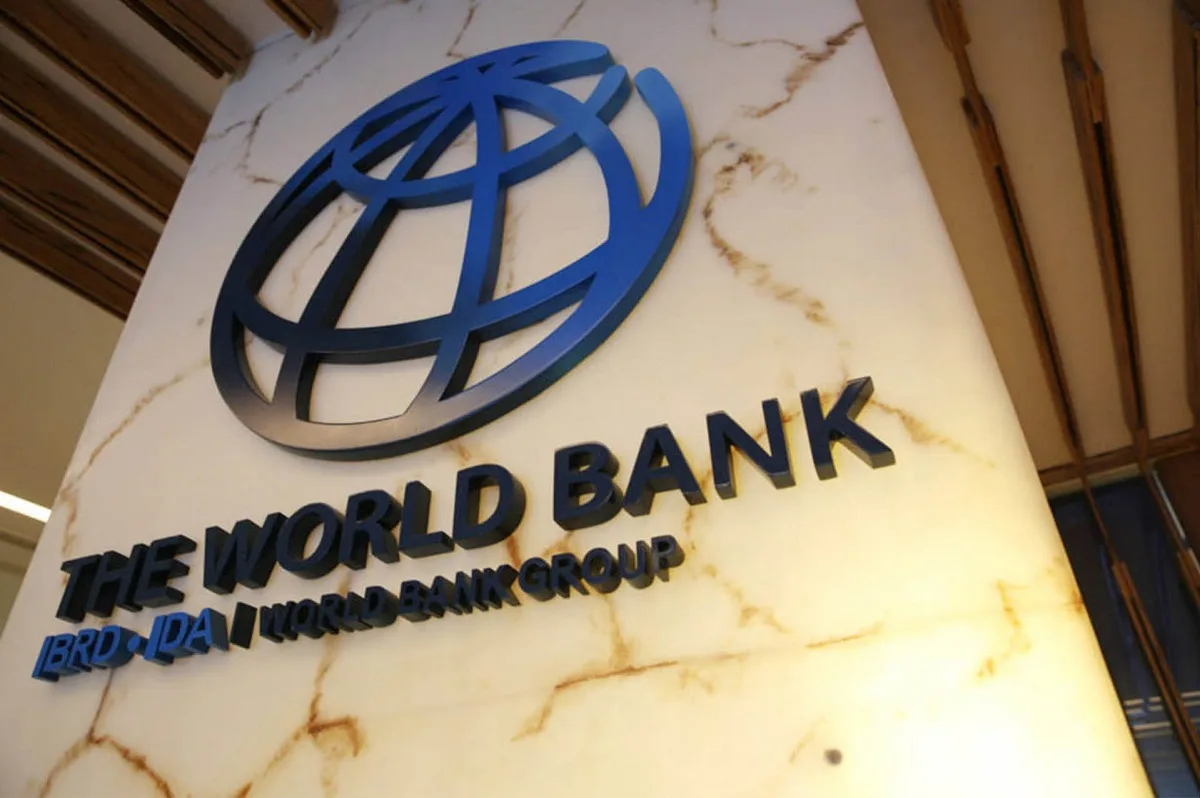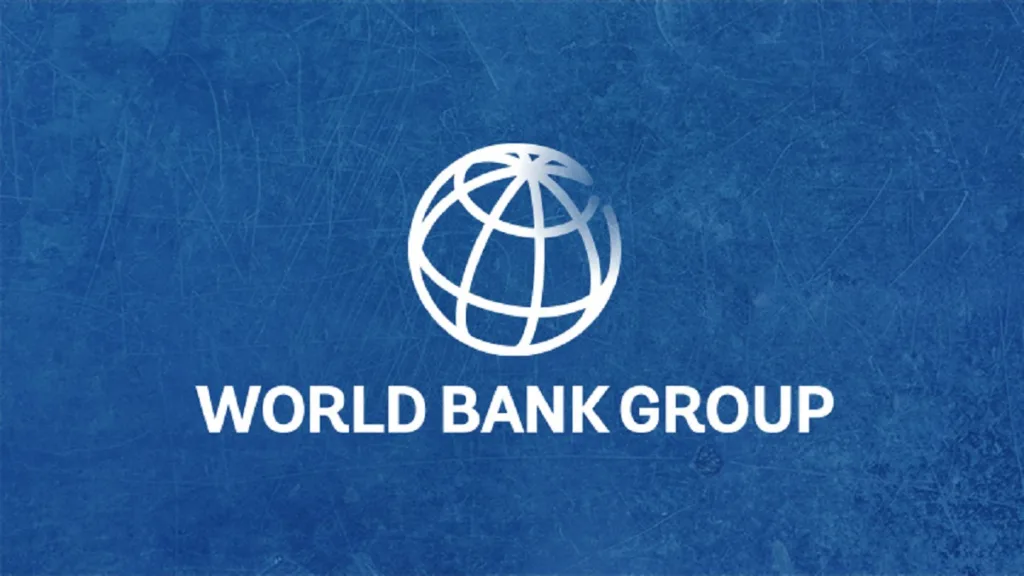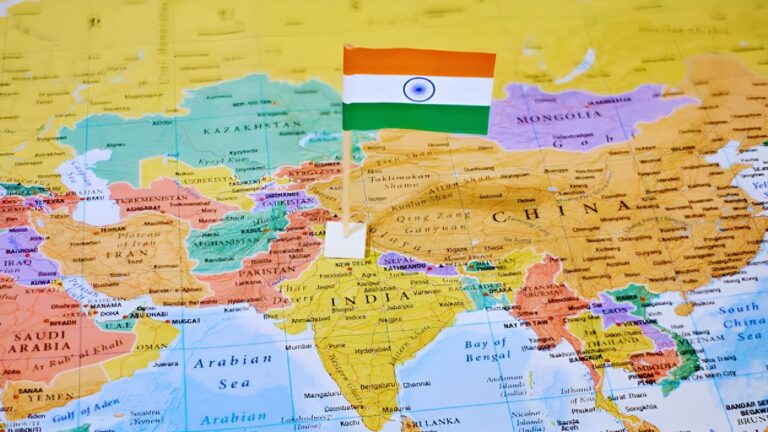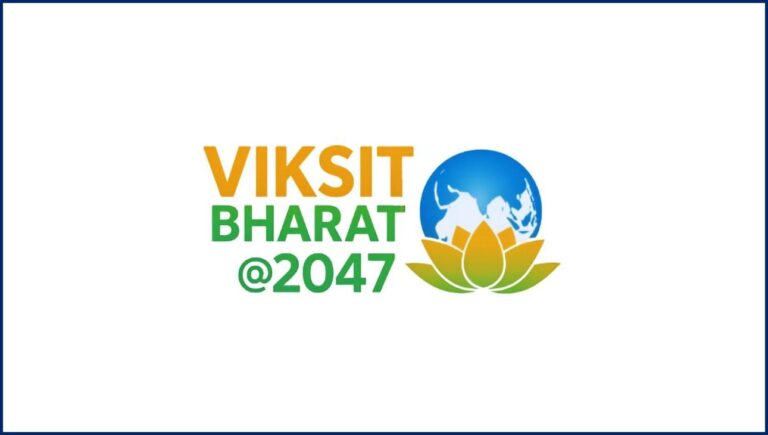
World Bank: Empowering Global Development, Alleviating Poverty, and Fostering Sustainable Solutions
The World Bank, established in 1944 as the International Bank for Reconstruction and Development (IBRD) in conjunction with the IMF, is a vital global partnership comprising five institutions committed to reducing poverty and fostering sustainable development in developing countries. As one of the specialized agencies of the United Nations, the World Bank plays a significant role in providing financial and technical assistance to its 189 member countries, including India. This article explores the World Bank’s functions, objectives, major reports, and its unique role in international development, while also highlighting the key differences between the World Bank and the IMF.
Table of Contents
World Bank: Objective
The primary objective of the World Bank is to reduce global poverty and promote sustainable economic development in developing countries. It aims to provide financial and technical assistance, finance projects and programmes, provide policy advice and foster partnerships with governments and other organizations to bring about positive social and economic change. The World Bank strives to support projects that enhance access to infrastructure, education, health care, and essential services, ultimately helping to improve living standards and create opportunities for people in less prosperous regions around the world.

The World Bank’s Organizational Structure and Development Institutions:
The World Bank Group consists of five institutions, namely:
- International Bank for Reconstruction and Development (IBRD),
- International Development Association (IDA),
- International Finance Corporation (IFC),
- Multilateral Investment Guarantee Agency (MIGA), and
- International Centre for Settlement of Investment Disputes (ICSID).
While IBRD and IDA provide loans and grants to support development projects in middle-income and low-income countries, respectively, IFC focuses on promoting private sector development. MIGA offers guarantees to attract foreign investments, and ICSID provides a platform for settling investment disputes between governments and foreign investors.
Shareholding and Voting Power:
The World Bank’s shareholding reflects the contributions made by member countries. The United States holds the largest share, with 16.41% of the votes, followed by Japan, Germany, the United Kingdom, and France, each holding around 4-8% of the votes. The remaining shares are distributed among the other member countries, including India.
Major Reports and Initiatives:
The World Bank publishes various influential reports that shape development policies and practices worldwide. Some of the notable reports include the “Ease of Doing Business” (which is no longer being published), the “Human Capital Index,” and the “World Development Report.” These reports provide valuable insights into critical development challenges and offer recommendations for sustainable and inclusive growth.
World Bank and IMF: Complementary Roles
While both the World Bank and the IMF were established at the Bretton Woods Conference, they serve distinct purposes. The World Bank primarily supports long-term development projects, such as infrastructure development, education, and healthcare, in developing countries. In contrast, the IMF focuses on maintaining international monetary stability, facilitating exchange rate cooperation, and providing financial assistance to countries facing balance of payments problems.
Conclusion:
The World Bank’s evolution from the International Bank for Reconstruction and Development (IBRD) reflects its commitment to fostering global development and reducing poverty. As a crucial United Nations agency, the World Bank plays a multifaceted role in empowering developing countries through its financial assistance programs, initiatives, and influential reports. By promoting sustainable solutions, fostering human capital development, and addressing pressing global challenges, the World Bank continues to make a significant impact on building shared prosperity and driving positive change worldwide. Its partnership with member countries, including India, exemplifies the collective effort towards achieving a more equitable and prosperous world.
Click: World Bank Group Timeline






